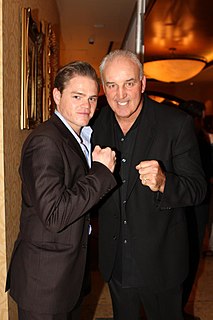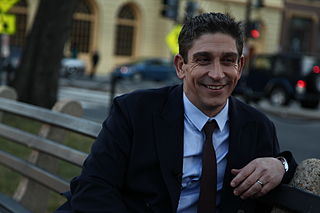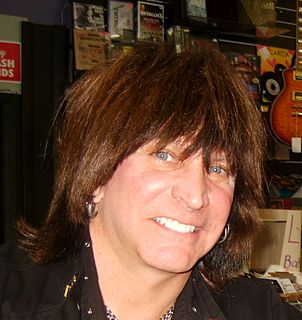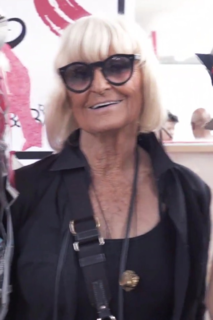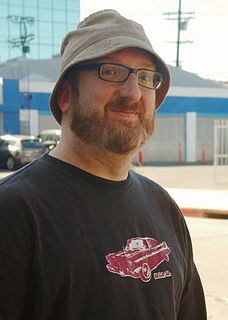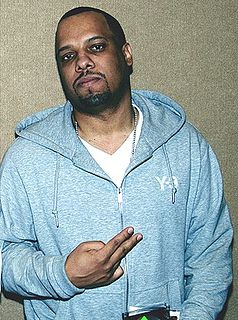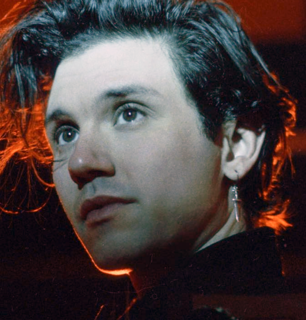A Quote by Gerry Cooney
I don't care about the critics. I took a lot of nonsense. I got stuck with silly labels like 'White Hope.' What about other guys like Tex Cobb - they never had those labels?
Related Quotes
I've had a very different career than a lot of other musicians. I went through the major labels. I was signed to two major labels and bands. I've toured with Aerosmith, and I've had records on the charts, songs in the movies. If you had checklist of things a person wants to accomplish in music...I've done a lot. And I don't mean that in an egotistical way; I never take it for granted. But you can't think outside the box unless you know what's in the box.
I have a fear of labels. If someone labels me, I have to respond - do I acknowledge it, reject it, deny it, live up to it, and defy it? Labels can affect your ability to be yourself. If you're not careful, like I wasn't when I was young, that can take a toll on you. You find yourself conforming to everyone else's ideas of who you are.
To be honest, the search for a label was really weird, because some of the labels that you wouldn't expect to care about stuff like radio formats were the ones that did care. They were like, 'Yeah, we love this record, but what are we going to play on the radio?' And I was like, 'You don't have bands on the radio.'
